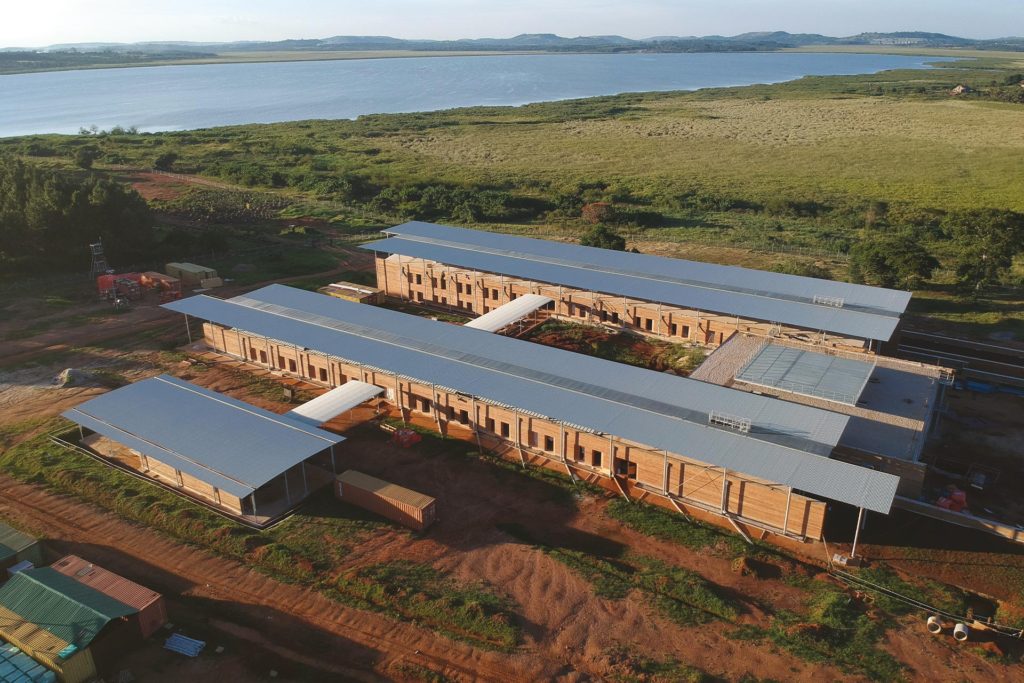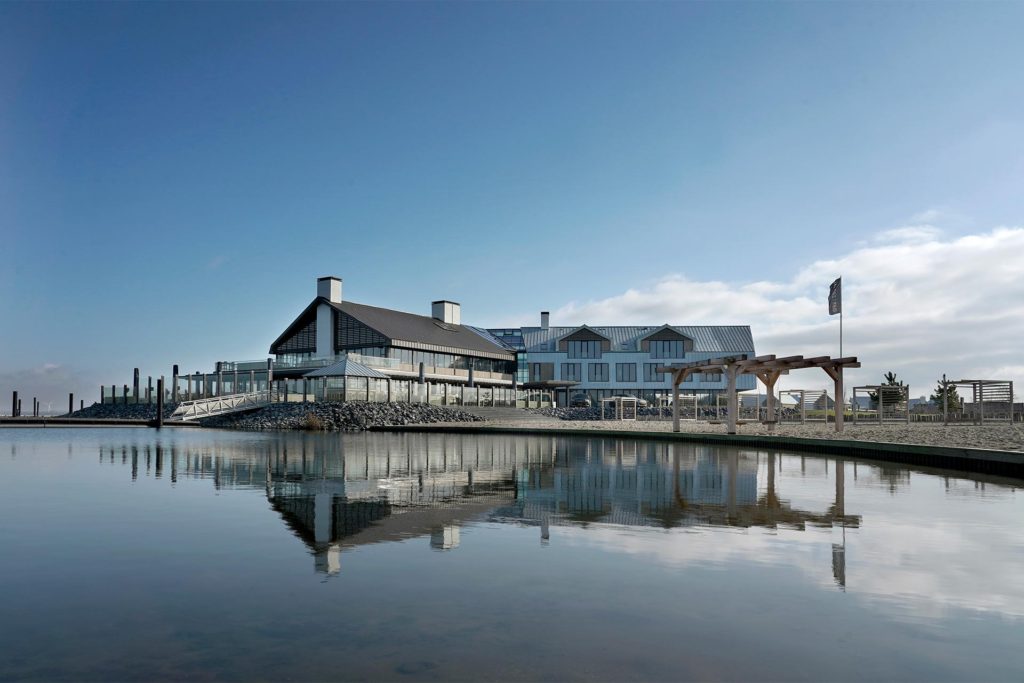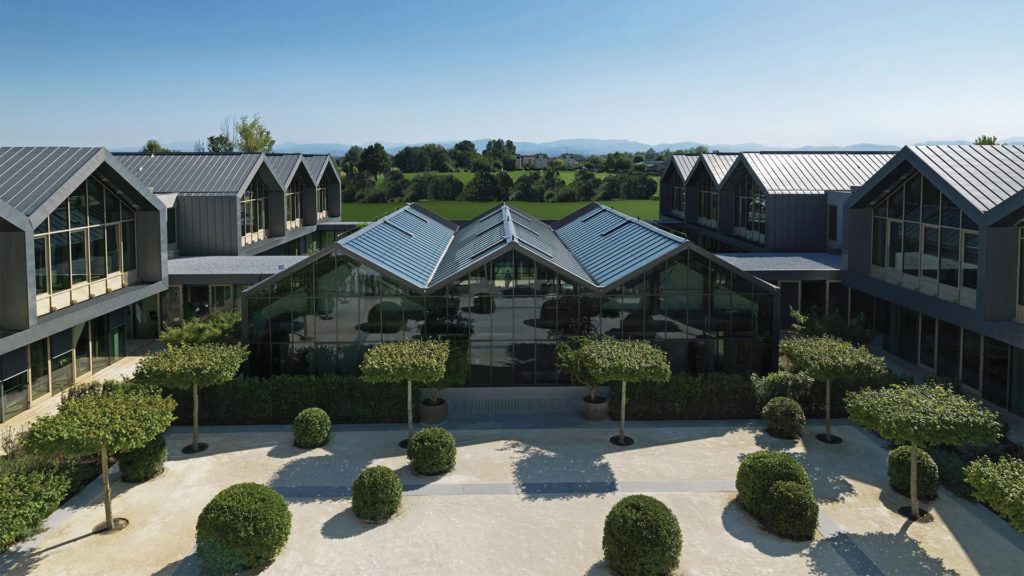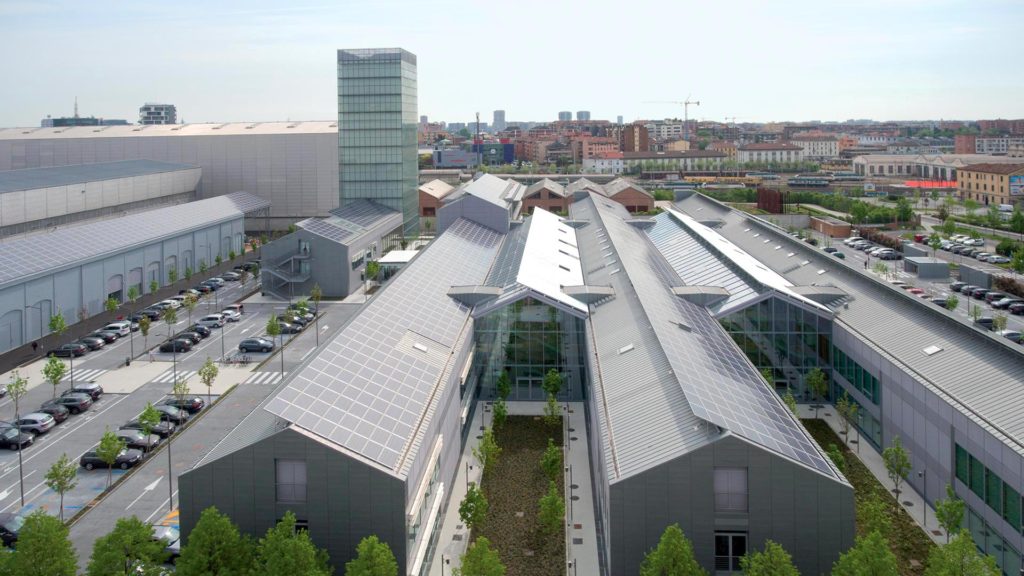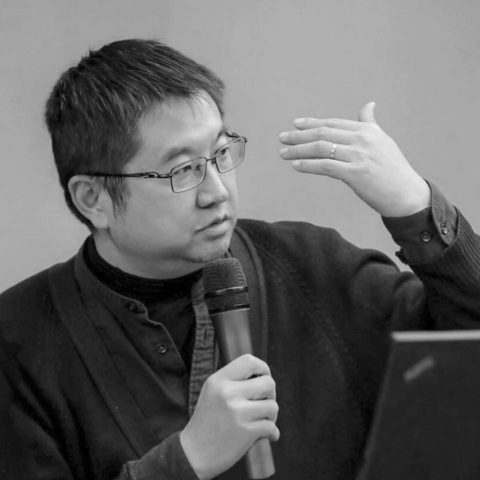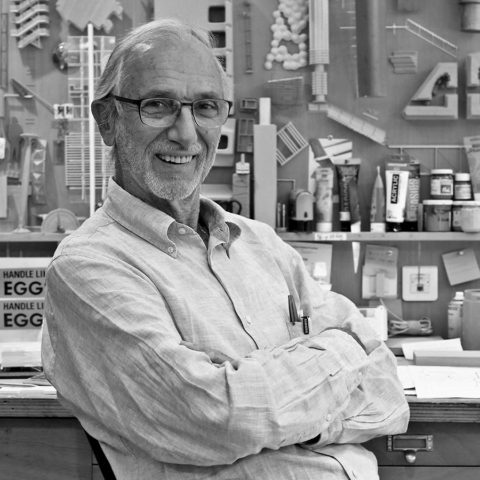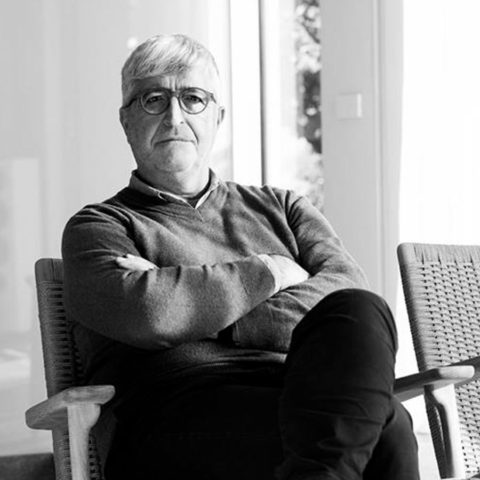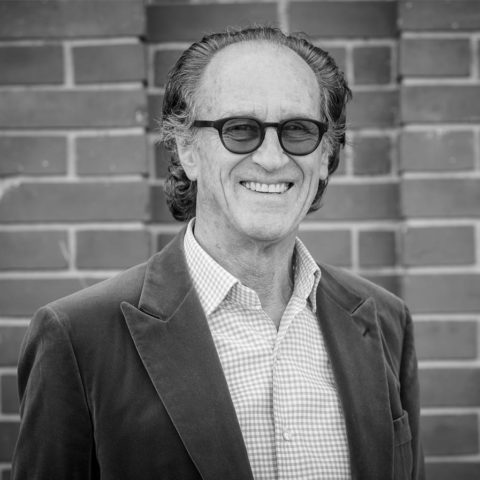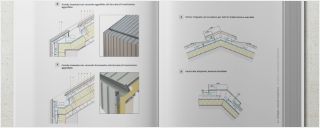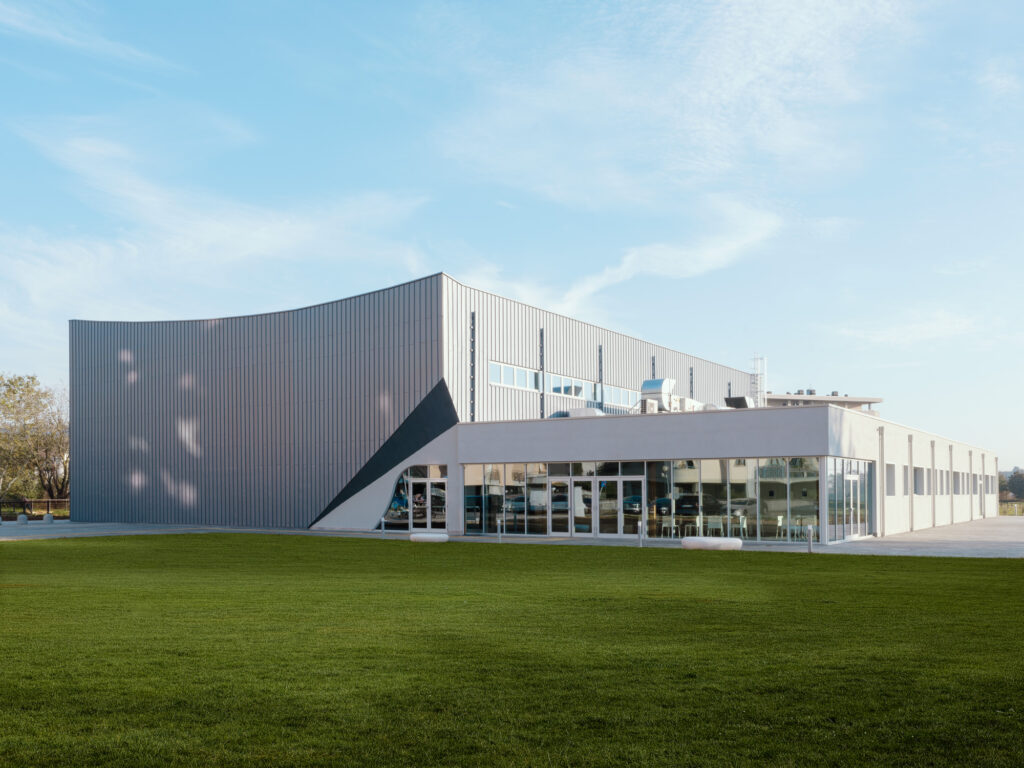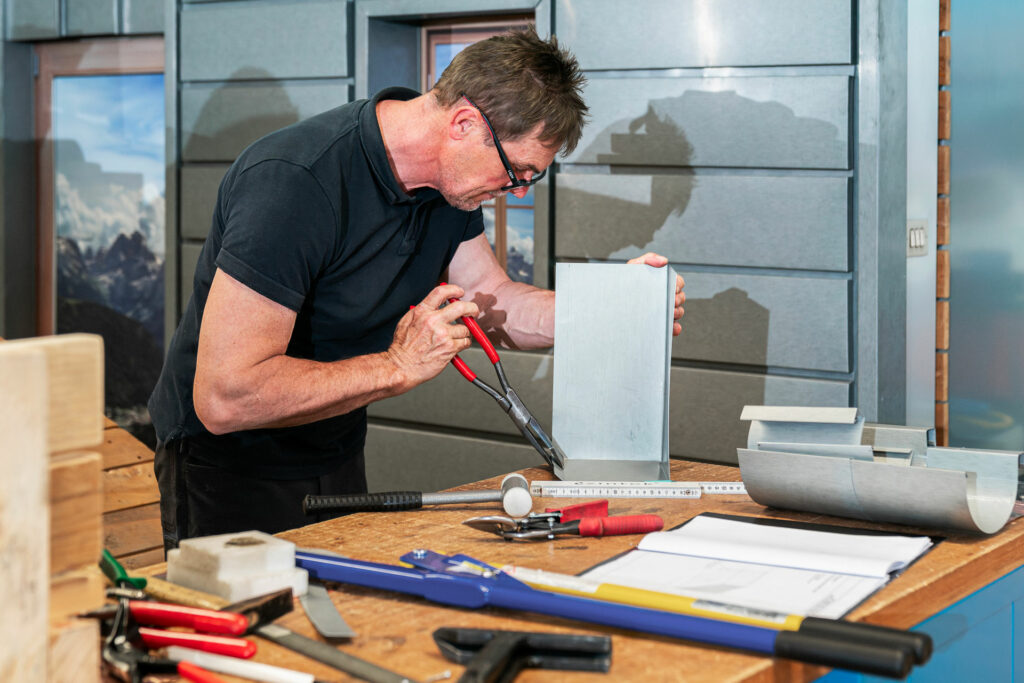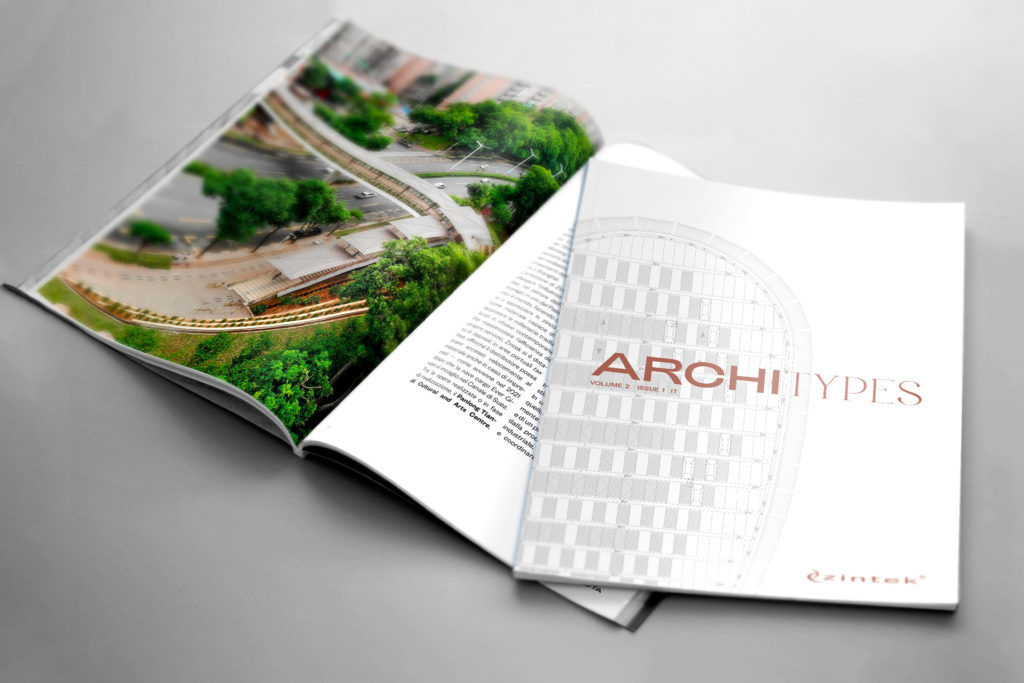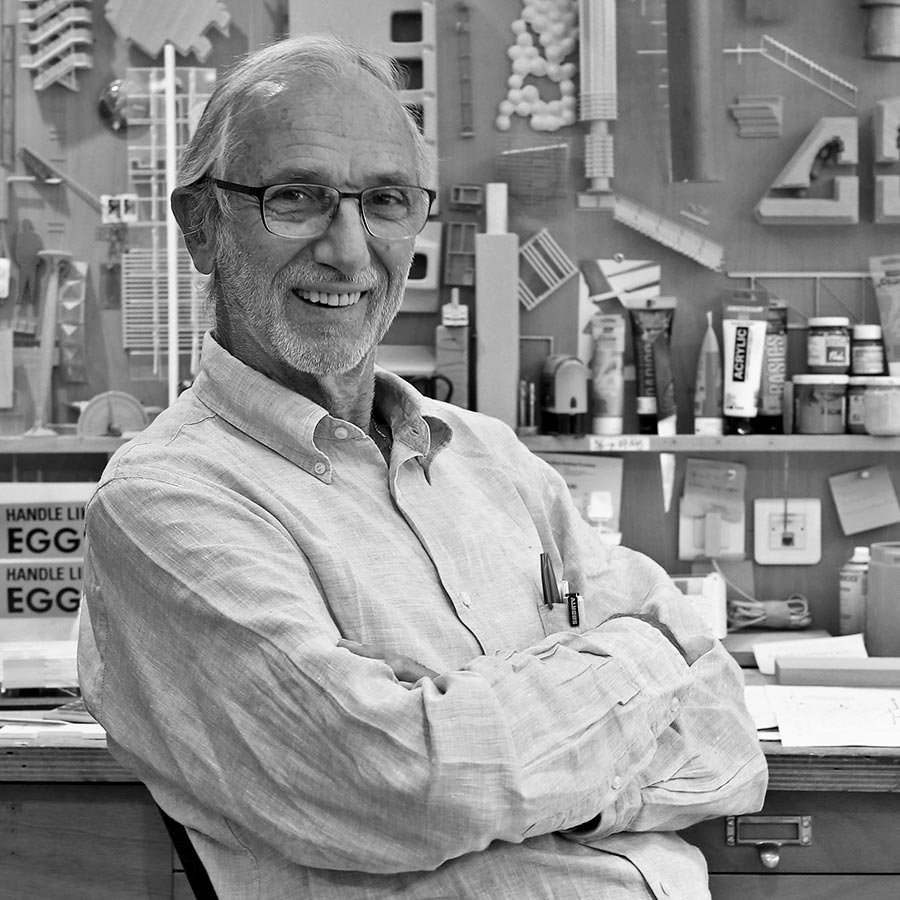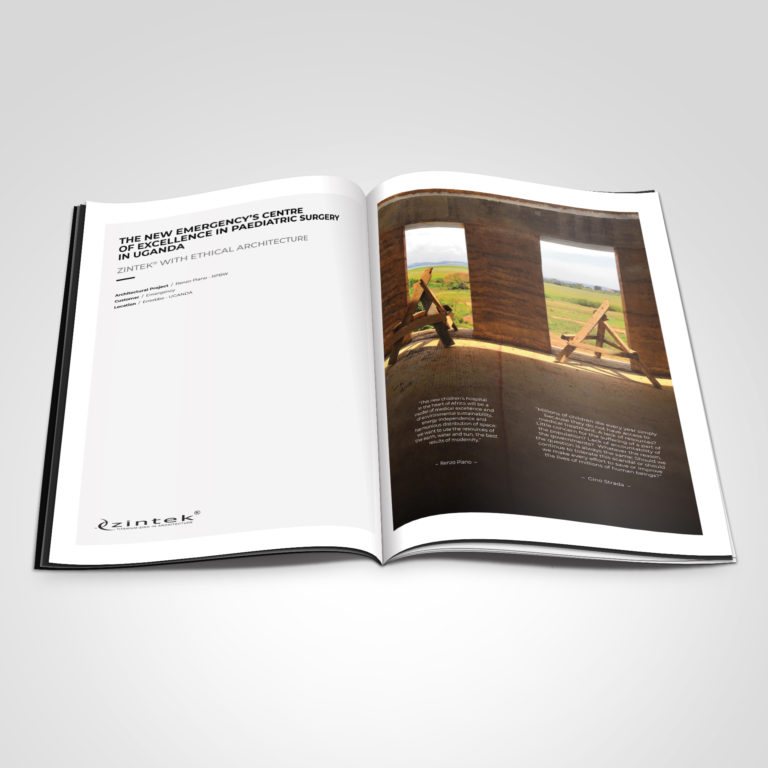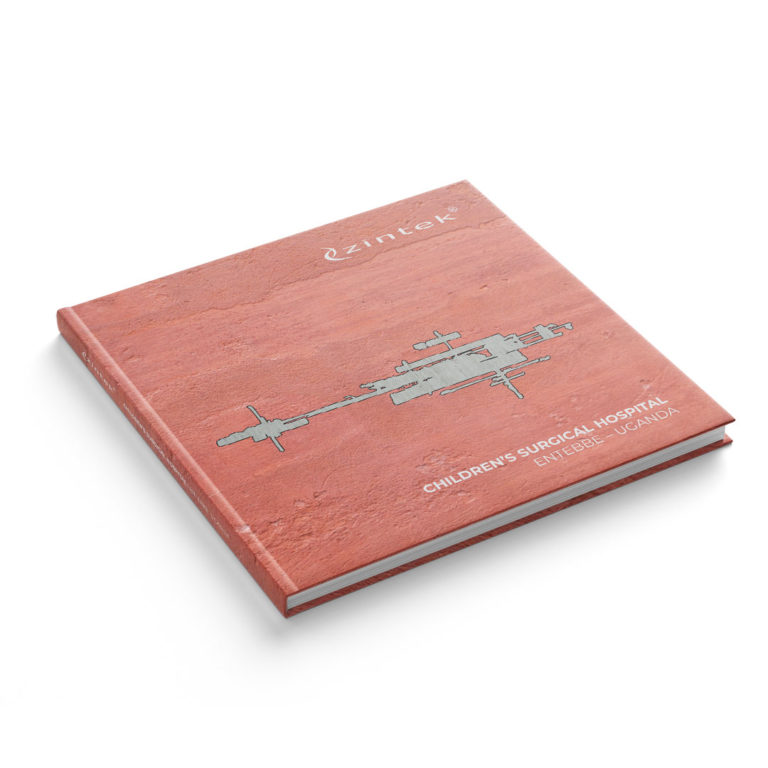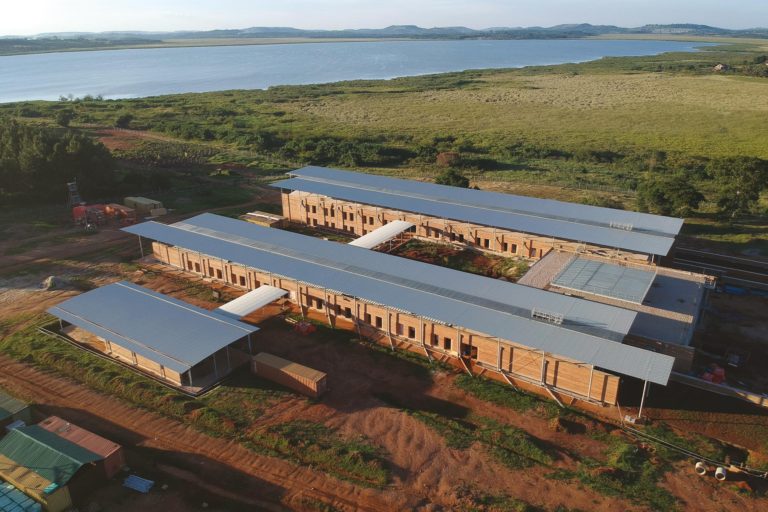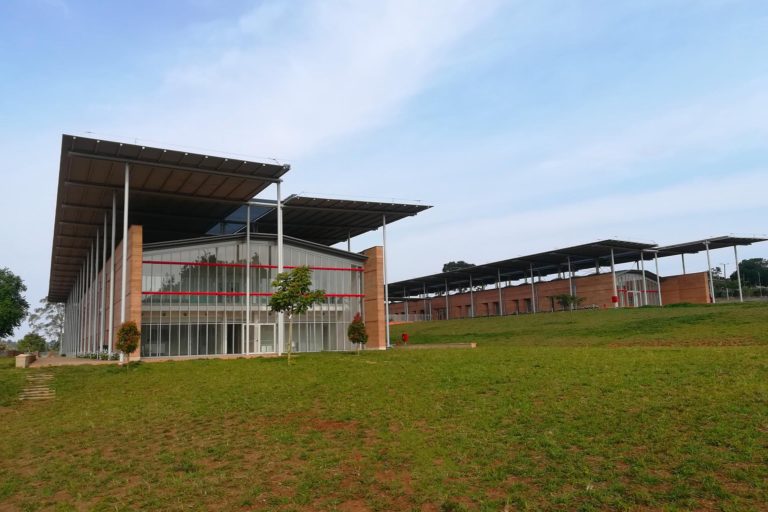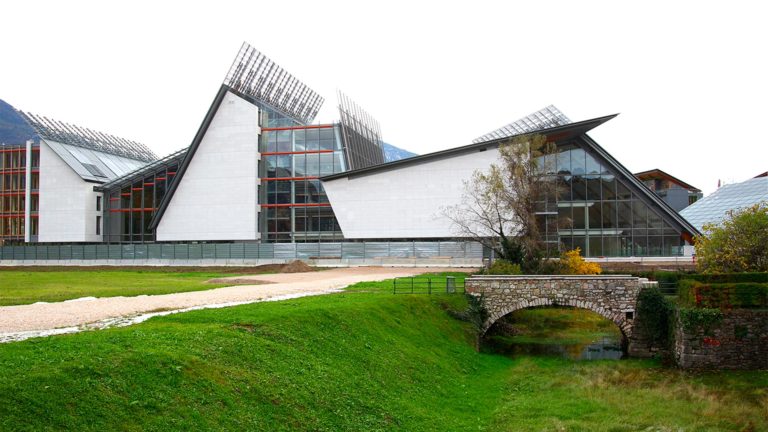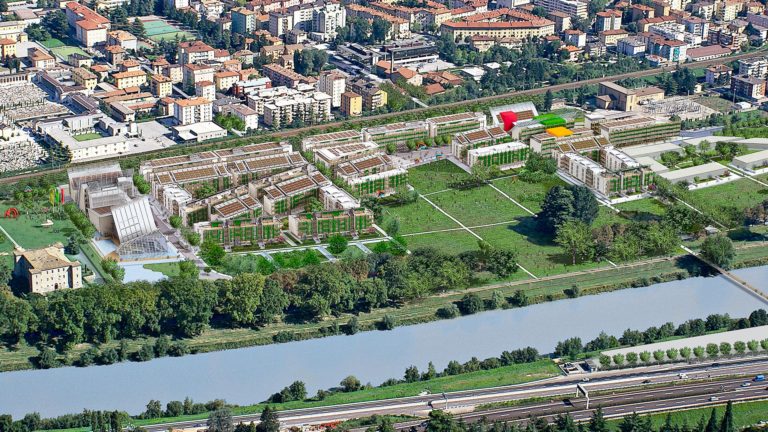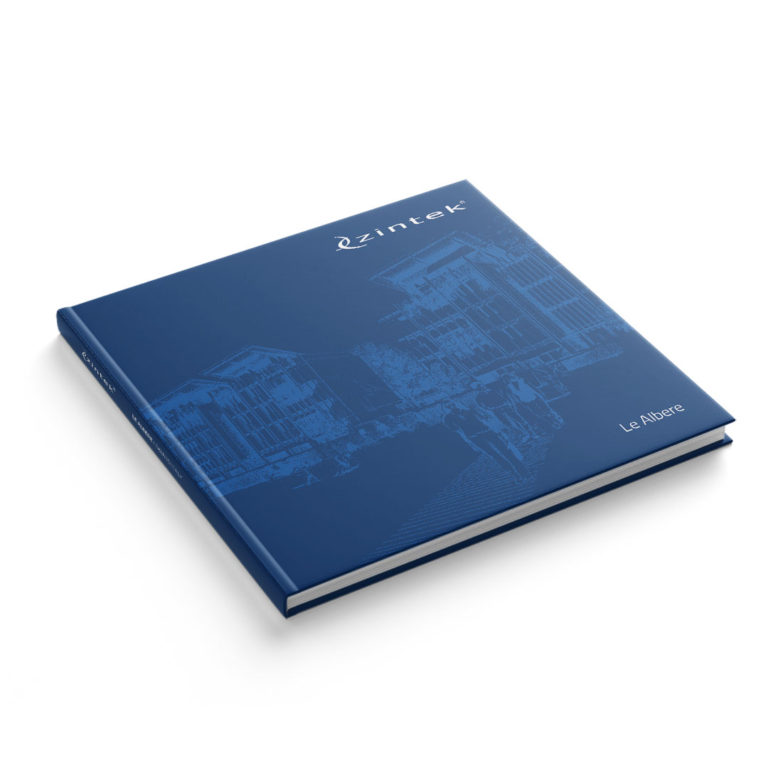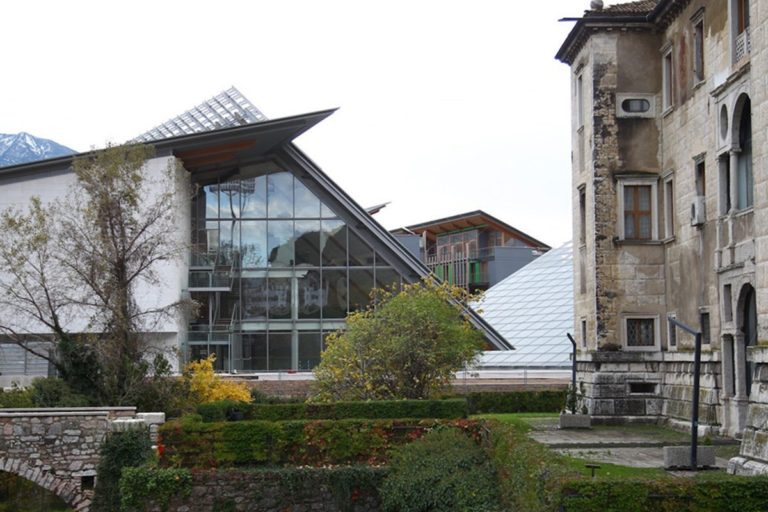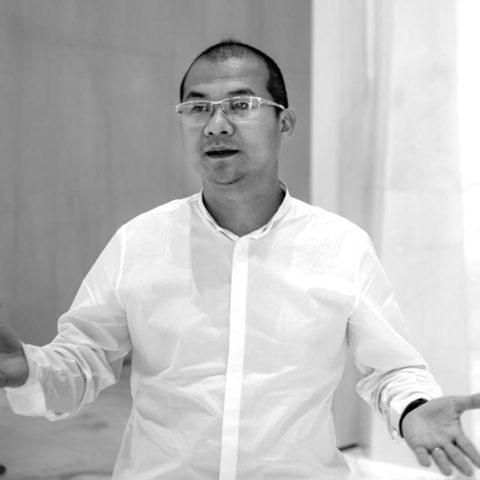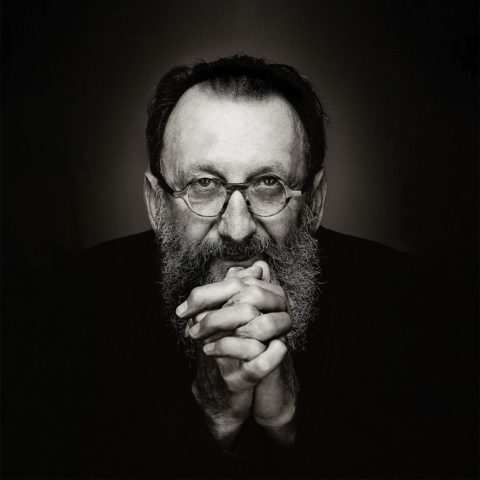Nominated Senator for life on the basis of merit gained for the nation with his work, and the first Italian to be inserted in Time magazine’s 100 most influent people in the world chart in 2016, Piano is what one would call an archistar.
Born in Genoa in 1937, he owes his international fortune to a multitude of works all over the world, although the critics date his planetary success back to the design of the Georges Pompidou Center in Paris in 1971. Also known as Beaubourg, this was defined as the work that “overturned worldwide architecture”, to the extent that it became one of the symbols of the field for the twentieth century.
Renzo Piano is not motivated by a self-referential desire to astonish. He constantly seeks out experimentation – as much with shapes as with materials – closely bound to an anti-academic inclination driven by the concept of “custom-made design” and the will to extract culture from specialized locations and lead it closer to the people.

